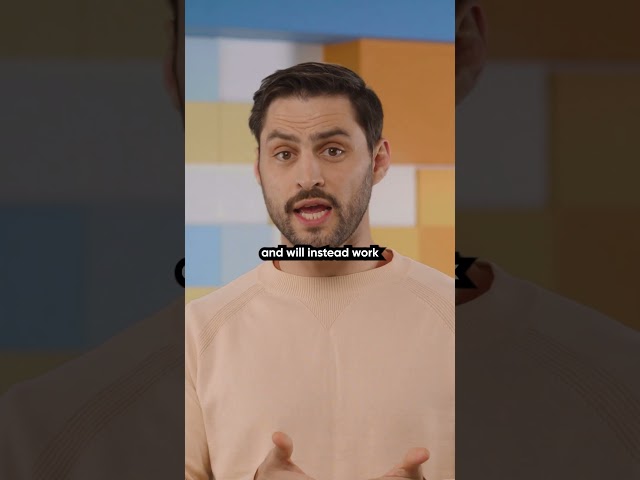In recent years, technology has made advances that seem almost magical. One of those advances is in the music industry, where computers and machines are now creating music. Yes, you read that right. Computers can now compose music! But does this mean that our favorite human artists will be replaced? Let’s explore this fascinating topic and help you understand the role Artificial Intelligence (AI) is playing in music creation.
What is AI-Generated Music?
AI-generated music refers to music that is composed, arranged, or even performed with the help of algorithms and computer programs. These algorithms analyze thousands of compositions to learn patterns and structures in music, from melodies and harmonies to rhythms. Once they understand these patterns, they can create original pieces of music. AI doesn’t just ‘copy and paste’ existing music; it creates new melodies based on learned data. It’s like having a virtual musician who knows endless musical styles.
The Rise of AI in Music
You might wonder how AI started to get involved in music. Initially, AI was used as a tool to help musicians and producers enhance their music. For example, programs like auto-tune help singers stay in tune, and rhythm-correction software adjusts beats to be more precise. But now, AI has taken on a more creative role. Companies and researchers have developed AI composers that can create music for films, video games, ads, and even meditation tracks.
Benefits and Opportunities
One major advantage of AI-generated music is its availability around the clock. Unlike human composers who need breaks, AI can produce music 24/7. Another benefit is cost-effectiveness. Composing with AI is often less expensive than hiring a large orchestra or multiple musicians. Additionally, AI can create music customized to your preferences, generating songs that match your mood or activities like working, relaxing, or working out. Such flexibility is a dream come true for many music listeners!
Can AI Replace Human Musicians?
Although AI offers exciting possibilities, it’s essential to remember that music is not just about notes and rhythms. Human musicians bring emotion, expression, and life experiences into their art, elements that algorithms cannot easily reproduce. Many believe that AI music can complement human creations rather than replace them. It provides new tools that artists can integrate with their work to push creative boundaries while maintaining the heart and soul that only humans can offer.
Working Together: AI and Musicians
Rather than fearing AI as a replacement, many musicians are embracing it as a collaborator. Some artists use AI to generate ideas and overcome creative blocks. Others use AI’s ability to make countless variations of a theme, inspiring fresh approaches they might not have considered. By working alongside AI, musicians can explore unimaginable musical landscapes, leading to unique fusions and styles.
Looking Forward
AI in music signals a future where technology meets creativity in fascinating ways. As listeners, it’s an opportunity to hear something novel and inspiring. As technology continues to improve, who knows what kind of musical innovations AI will bring? But one thing is certain: music will remain a deeply human activity, cherished by people of all ages worldwide.
In conclusion, while AI enhances how music is created and enjoyed, it will likely remain a tool that assists rather than replaces our beloved artists. So, next time you hear a tune that lifts your spirit or brings a tear to your eye, remember that it’s the magical connection between human creativity and technological innovation that makes it so special.










